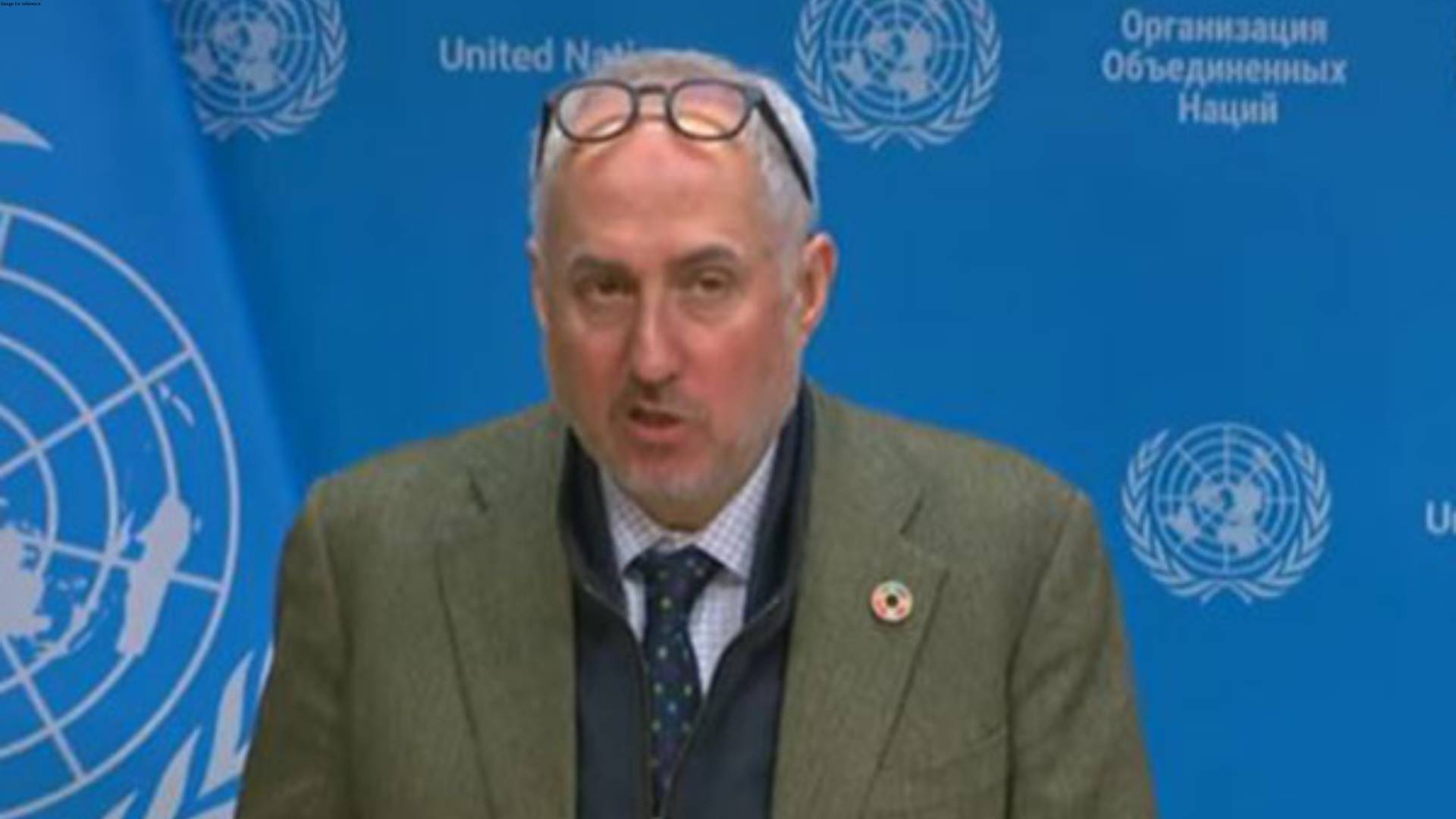Latest News
Tuberculosis vaccine does not protect elderly against COVID-19: Research

Utrecht: The tuberculosis vaccine (also known as the BCG vaccine) does not protect the elderly with co-morbidities against illness symptoms induced by a coronavirus infection. This was documented in the BCG-PRIME research, which began during the early days of the corona pandemic when there were no vaccinations against the virus.
The study was conceived and carried out in a very short period of time in 20 Dutch institutions led by UMC Utrecht as a collaborative effort. The full results of the study were published this week in Clinical Microbiology and Infection after the primary findings were disclosed in 2021. In the early phase of the corona pandemic, there was a major medical and societal need for a vaccine that could protect against (the consequences of) corona infection. This applied in particular to elderly people with comorbidities because it had quickly become clear that they were at increased risk of a severe course of infection. One candidate drug to bridge the period to effective corona vaccines and antivirals was the Bacillus Calmette-Guerin (BCG) vaccine. This vaccine - the most widely administered vaccine in the world - has been used in many countries for decades to prevent tuberculosis (TB). The BCG vaccine has the additional advantage of inducing a defence through the innate immune system that is broader than just against TB. Moreover, a few small studies had indicated that this vaccine could potentially protect elderly people from respiratory infections - particularly infections of viral origin.
Large Dutch study
The hypothesis that the BCG vaccine might protect against severe COVID-19 led Dutch researchers guided by UMC Utrecht to urgently set up a large, well-controlled study that could provide a definitive answer to the question of whether the BCG vaccine protects elderly people with co-morbidities against COVID-19. The study was conducted from September 2020 onwards at 20 Dutch hospitals, including all UMCs and the Santeon top clinical hospitals, with help from an EU 8.5 million grant from ZonMW.
BCG vaccine offers no protection
Investigator and first author of the article Eva Koekenbier MD (Program Epidemiology of Infectious Diseases, UMC Utrecht) summarizes the results of the study: "The main outcome of the BCG-PRIME study was the occurrence of COVID-19. The analysis showed that disease manifestations of COVID-19 occurred as frequently (hazard ratio 1.12; 95% confidence interval 0.87-1.44) in elderly people with co-morbidities who had received the BCG vaccine (129 out of 3,058 participants) as in those who had received placebo (115 out of 3,054 participants). We also found no difference between the two groups in terms of the number of hospitalizations due to COVID-19, the number of respiratory infections requiring medical treatment, the number of serious adverse events and mortality."
Study lead Prof. Marc Bonten MD PhD (Program on Epidemiology of Infectious Diseases, UMC Utrecht) added: "Despite the fact that the outcome of our study was disappointing, we can be proud of the fact that we were able to successfully design and conduct the study - the largest to date on this topic - in a very short time and under great pressure. After only 4 months, we were able to conclude from a preliminary analysis that there was no major protective effect, which is certainly of interest for future studies. Furthermore, this study is an excellent example of a special collaboration in which the clinical trial infrastructure at the UMCs, the SANTEON hospitals and a number of other hospitals was efficiently used in order to scale up quickly, allowing us to vaccinate the required number of participants in the shortest possible time."
The study
A total of 6,112 elderly with co-morbidities aged 60 years and older participated in the placebo-controlled BCG-PRIME study between September 2020 and December 2021. Participants were recruited through hospital wards, outpatient clinics and anticoagulation services. Patients were monitored for 6 months after vaccination via their own hospital. The study had two primary endpoints: (a) the number of cases of proven COVID-19, or (b) the number of cases of respiratory tract infections for which medical treatment took place. The study was designed by UMC Utrecht, with support from the Ministry of Health, Welfare and Sport. Interim results were released through a press release in January 2021. (ANI)









.png)



.jpg)
.jpg)
.png)


.jpg)
.jpg)
.jpg)
